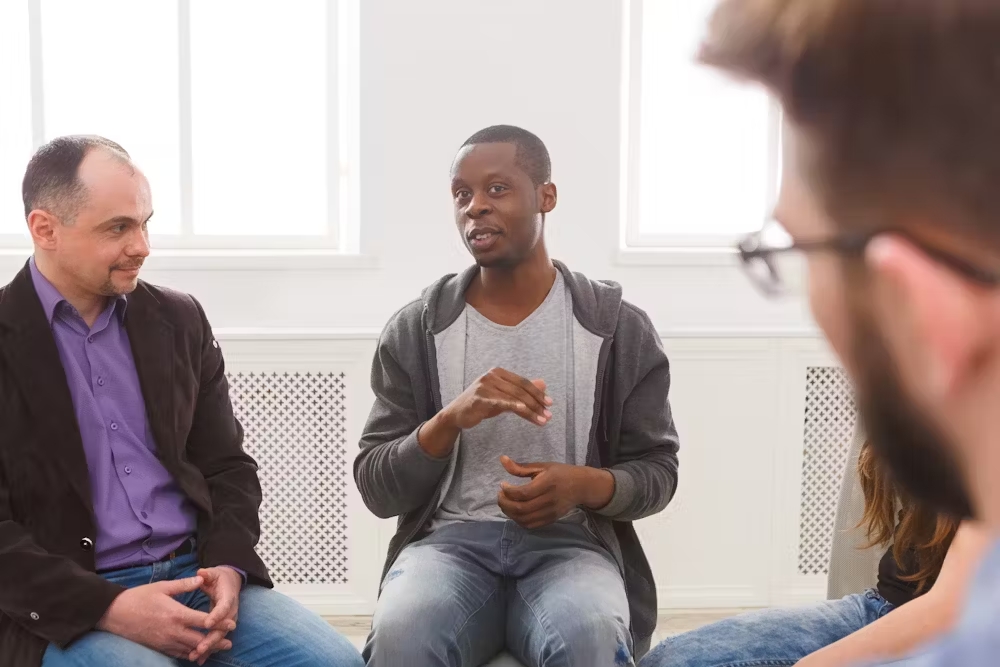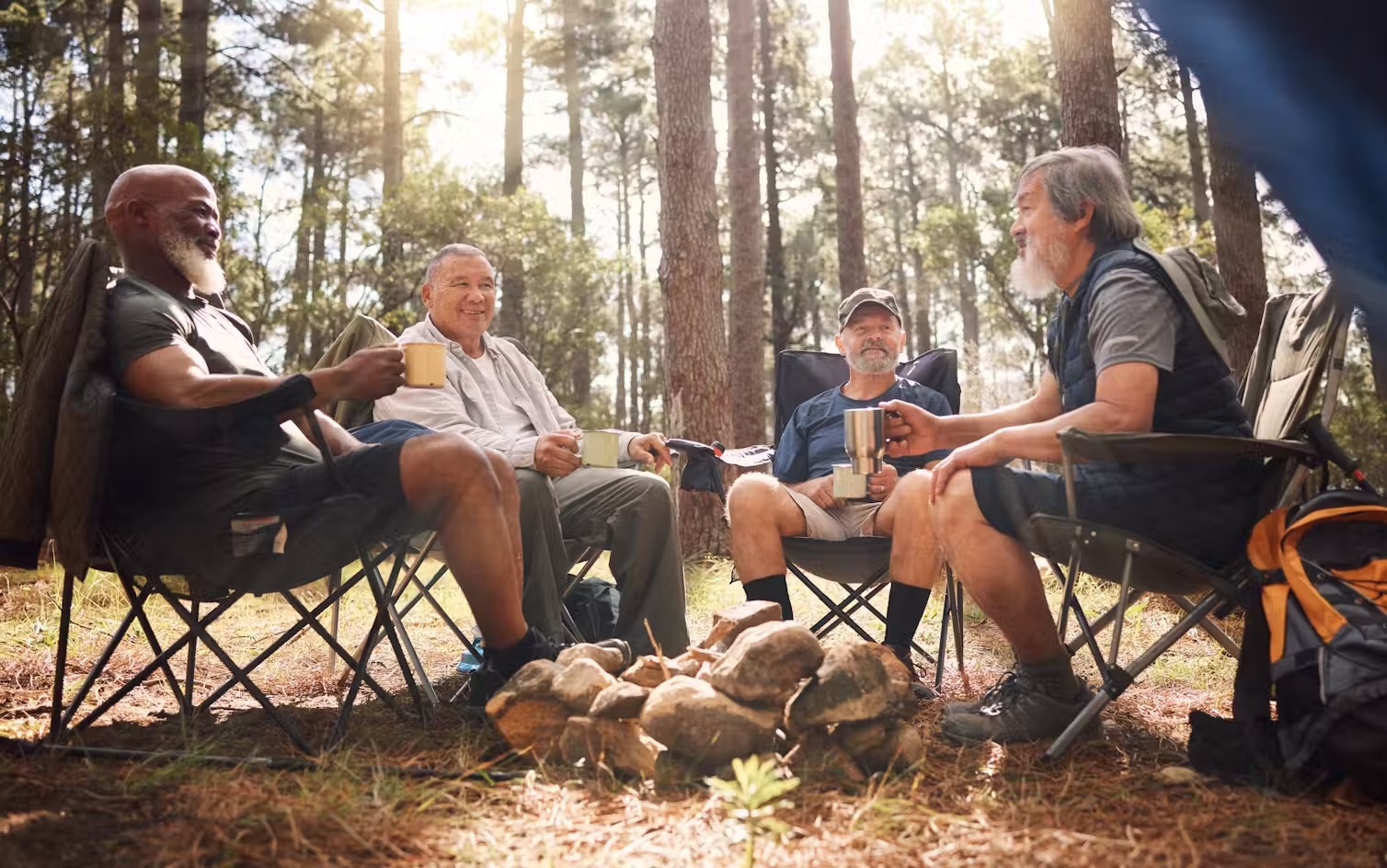Written by Ellen Choi, Toronto Metropolitan University, and Allen Sabey, Northwestern University. Originally published in The Conversation.
Yet, despite those challenges, men are less likely than women to seek professional help. Constrictive social norms and views of masculinity prevent many men from being vulnerable, limiting access to emotionally intimate relationships and creating a vicious circle where loneliness further undermines their well-being.
While there has been progress to reduce stigmatization when it comes to seeking help with mental health, the intersectionality of mental health is complex. In other words, how individuals deal with their mental health can vary from person-to-person, gender-to-gender, and culture-to-culture.
In our own studies evaluating mindfulness training in workplace settings, we noticed we were attracting disproportionate samples of women. Even more dismaying is research that finds when men engage with mindfulness training, they don’t seem to benefit as much as their female counterparts. So, how can we help men navigate social norms and perhaps change their attitudes around what it means to be a man in order to support their mental health?

Men’s groups
Over time, normative gender roles have perpetuated a tendency for men to suffer in silence leaving them unable to disclose and treat, or perhaps even notice, their distress. Even when men are conscious of the psychological dysfunctionality of traditional masculinity, straying from these roles is difficult due to fear of social condemnation.
Finding ways to let go of restrictive gender roles and develop new attitudes towards masculinity might enable men to redefine what it means to “man up” in the modern era and move towards greater health.
Men’s groups, where men can be genuinely transparent and gather to discuss the challenges they face, provide a social learning context to be authentic and develop their emotional processing skills in a safe container free from the risk of ostracization.
In our research, we found that men’s group’s can help them develop new attitudes towards masculinity and more adaptive ways to process life’s challenges.
To understand how these kinds of groups can change attitudes, we partnered with Owen Marcus, who has created programming designed to help men develop their emotional awareness, and EVRYMAN, a contemporary men’s group based in the United States.
We recruited 14 men who had enrolled in EVRYMAN’s Fundamentals Program, a four-week online experience led by a trained facilitator. Through two sets of interviews, we spoke to them about their experiences, heard their reflections on their experiences in the group and their perceived benefits.

Reshaping attitudes
The men were able to reshape their attitudes towards masculinity through three main stages. First, they began to identify their discontent with how social norms prevented them from being able to express weakness and the notable toll this took. Many participants, for instance, recounted how experiences with their fathers or with other men led them to keep their hardships to themselves.
These groups then enabled men to reconstruct their views of masculinity by showing or observing behaviour that departed from traditional norms and receiving or witnessing these men be celebrated for their courage to be vulnerable. Rather than being punished for disclosing inner turmoil, these men were able to experience belonging.
Finally, in an enacting phase, men could transfer the behaviour they were embodying in the safety of the men’s group to their everyday lives. Men described feeling more confident, authentic and attuned to their own emotions and needs. They noticed decreases in emotional suppression and reactivity and enhancements to the quality of their relationships with others.
For men looking for ways to bolster their mental health, our research offers several practical recommendations.
Men learn from other men ahead of them. Find a coach or consider joining a men’s group to learn new ways of relating and witnessing first-hand what happens when your fears of rejection do not come to fruition.
In the absence of a role model, educate yourself on new approaches and behaviours to support the full spectrum of being human. For example, see the guidelines recently produced by The American Psychology Association to help enhance gender and culture-sensitive psychological practice with boys and men from diverse backgrounds in the United States.
Lastly, normalize sharing emotions. The next time someone courageously discloses that they’re struggling, instead of changing the subject, ask them to tell you more.
![]()


